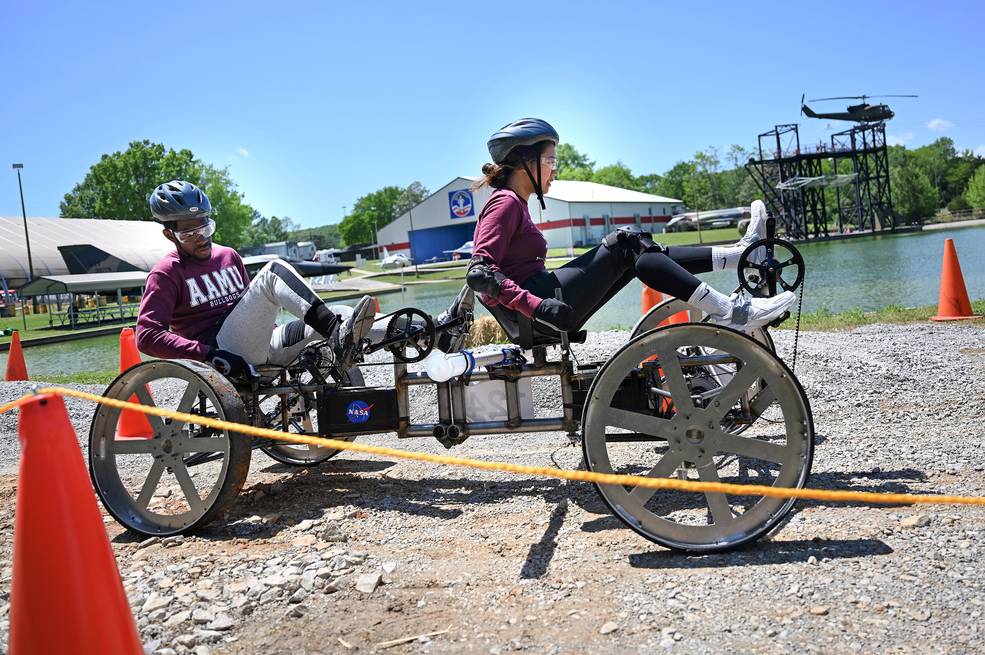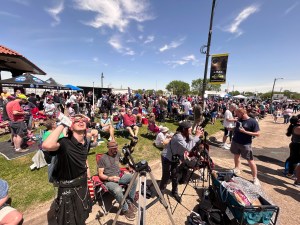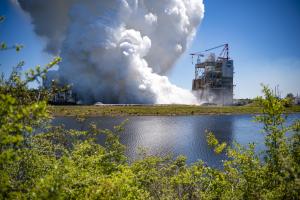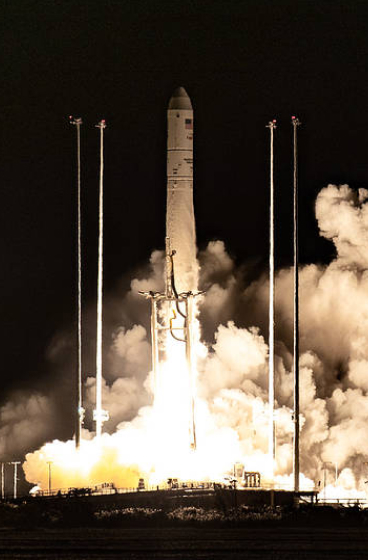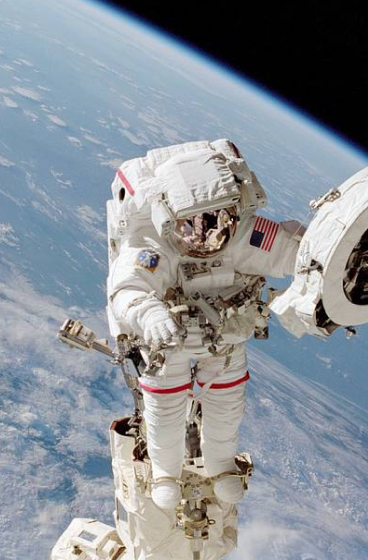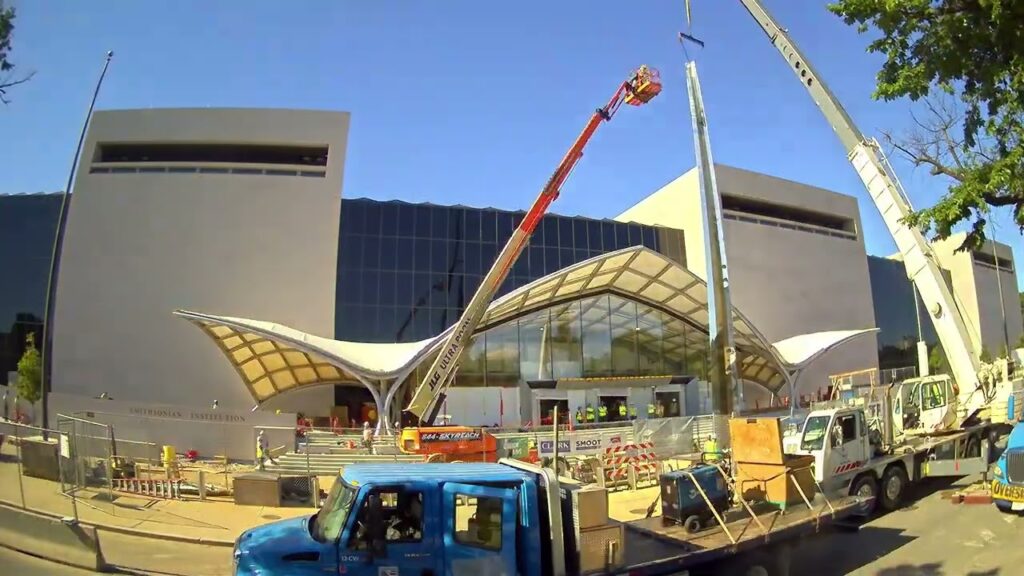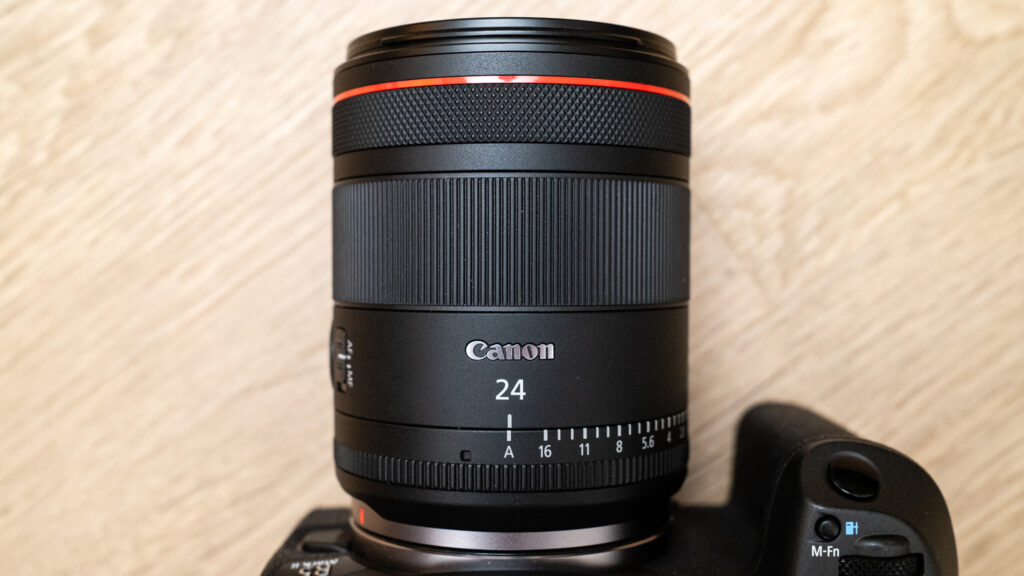3 min read
Preparations for Next Moonwalk Simulations Underway (and Underwater)
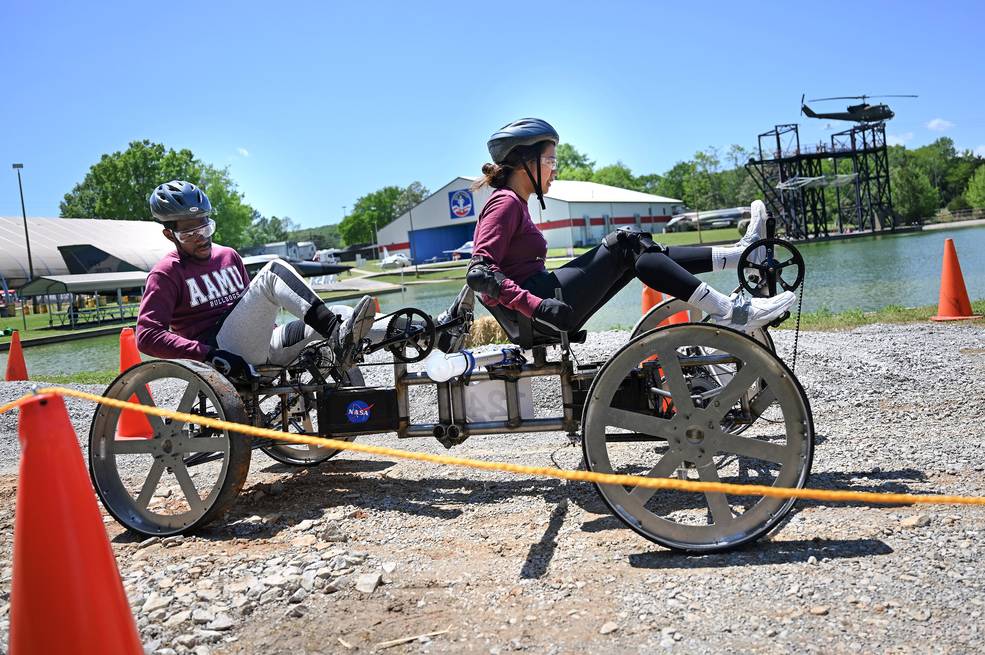
NASA will celebrate the 30th anniversary of the Human Exploration Rover Challenge when the competition returns to the U.S. Space & Rocket Center’s Aviation Challenge Course in Huntsville, Alabama, Friday, April 19, and Saturday, April 20. The event is free and open to the public with rover excursions occurring each day from 7:30 a.m. to 3 p.m. CDT or until the last rover completes the obstacle course.
NASA selected 72 student teams in October to begin an engineering design challenge to build human-powered rovers that will compete at the course near the agency’s Marshall Space Flight Center.
Media are invited to watch more than 600 students from around the world attempt to navigate a complex obstacle course by piloting a human-powered vehicle of their own design and production. Media interested in attending or setting up interviews should contact Taylor Goodwin in the Marshall Office of Communications at 938-210-2891 no later than 2 p.m. Thursday, April 18.
Participating teams represent 42 colleges and universities and 30 high schools from 24 states, the District of Columbia, Puerto Rico, and 13 other nations from around the world. NASA’s handbook has complete proposal guidelines and task challenges.
To conclude the 2024 season, NASA will host an in-person awards ceremony Saturday, April 20, at 5 p.m. inside the Space Camp Operations Center at the U.S. Space & Rocket Center. NASA and industry sponsors will present multiple awards highlighting team successes throughout the past eight-month-long engineering design project, including awards for best rover design, best pit crew award, best social media presence, and many other accomplishments.
Media interested in attending or setting up interviews should contact Taylor Goodwin in the Marshall Office of Communications at 938-210-2891 no later than 2 p.m. Thursday, April 18.
About the Challenge
The Human Exploration Rover Challenge tasks high school, college, and university students around the world to design, build, and test their lightweight, human-powered rovers on a course simulating lunar and Martian terrain, all while completing mission-focused science tasks. Eligible teams compete to be among the top three finishers in their divisions, and to win multiple awards including best vehicle design, best rookie team, and more.
The challenge annually draws hundreds of students from around the world and reflects the goals of NASA’s Artemis campaign, which will land the first woman and first person of color on the Moon.
The event was launched in 1994 as the NASA Great Moonbuggy Race – a collegiate competition to commemorate the 25th anniversary of the Apollo 11 lunar landing. It expanded in 1996 to include high school teams, evolving again in 2014 into the NASA Human Exploration Rover Challenge. Since its inception, more than 15,000 students have participated – with many former students now working in the aerospace industry, including with NASA.
The Human Exploration Rover Challenge is managed by NASA’s Southeast Regional Office of STEM Engagement at Marshall and is one of eight Artemis Student Challenges. NASA’s Office of STEM Engagement uses challenges and competitions to further the agency’s goal of encouraging students to pursue degrees and careers in science, technology, engineering, and mathematics.
To learn more about the challenge, visit:
https://www.nasa.gov/roverchallenge/home/index.html
Taylor Goodwin
Marshall Space Flight Center, Huntsville, Ala.
938-210-2891
taylor.goodwin@nasa.gov
